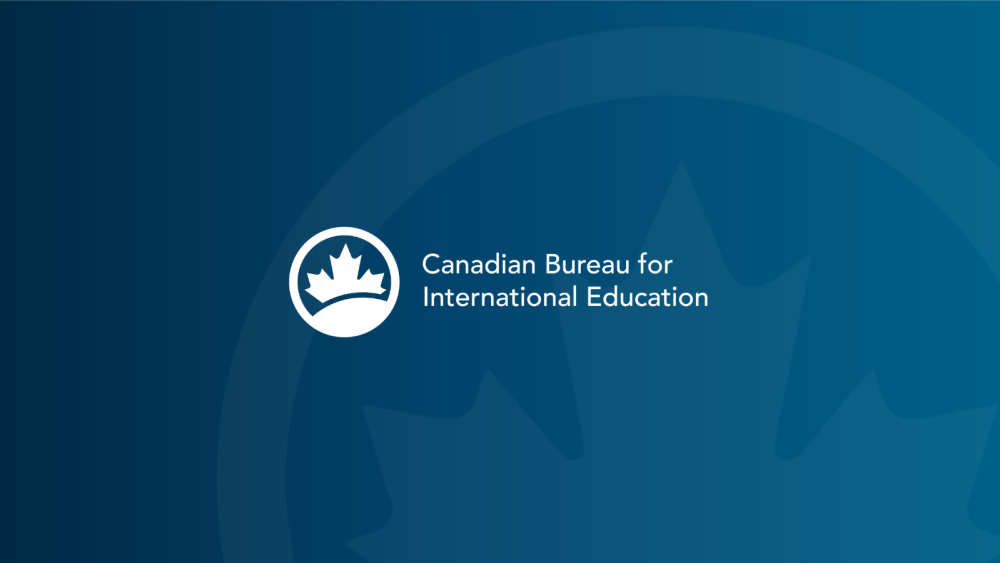Key international education stakeholders from across Canada identified a series of actions and initiatives to support a more responsible and sustainable Canadian international education sector.
The proposed actions were discussed over the course of a 2-day National Dialogue session convened by the Canadian Bureau for International Education. Over 225 participants from across Canada’s international education community participated in the session, including senior officials from relevant federal and provincial ministries; leaders from educational institutions; business associations; community service providers; researchers; student associations; national and regional educational associations; and a representative group of international students.
The National Dialogue session was the first major multi-stakeholder event convened since the federal government announced a series of measures earlier this year affecting international education in Canada, including a two-year cap on international student enrolment. Participants were invited to exchange information on the impacts of these measures and to provide advice and share best practices for resolving the underlying problems that resulted in the federal decision to impose the cap. These include the difficulties some international students are facing vis-à-vis community and labour market integration and access to mental health supports and suitable housing.
The Dialogue provided an opportunity for a frank and long-overdue assessment of Canada’s recent performance in attracting, welcoming and integrating international students into our institutions, communities, and labour market. New data from CBIE’s 2023 International Student Survey (ISS) shared with Dialogue participants indicates a significant erosion in how international students rate their experience in Canada. The full ISS survey results will be released later this year.
The session featured presentations from the Honourable Marc Miller, Minister of Immigration, Refugees and Citizenship Canada, the Honourable Senator Ratna Omidvar who led a Senate study on the problems confronting international students in Canada, and senior officials, thought leaders and advocates representing diverse perspectives.
Panel discussions were convened on Day 1 to assess overarching issues from a range of perspectives including from federal and provincial policy makers; representatives from educational institutions; business leaders; and, community service providers. International students were given the opportunity to provide feedback on the various panel deliberations. Day 2 discussions included how to meet the mental health and accommodation needs of international students and how to map out proposed new directions and next steps.
CBIE will be producing a summary report of the key recommendations that emerged from the discussions to share with federal and provincial governments, Dialogue participants and key stakeholders. The report will also be available on the CBIE website in the coming weeks.
Key takeaways from the session included a broad consensus on the need for:
- A forum for supporting ongoing multi-sectoral dialogue to create a stable, “no-surprises” planning and policy environment for international education;
- A pan-Canadian framework for ethical international education practices that applies to designated learning institutions, features clear lines of accountability for delivering results and is an integral part of the EduCanada brand;
- Better integrated “whole-of-government” approaches at both the federal and provincial levels to inform decisions on goals, targets and priorities;
- More systematic processes to link enrolment decisions to short and longer-term labour market and demographic needs at the community level;
- A coordinated national effort to produce, mobilize and share timely and complete international education data to inform sector-wide policy and program decisions;
- A new narrative on the value that international students bring to Canadian campuses, businesses and communities as both temporary residents and prospective future citizens;
- A coherent and integrated national effort to rebuild Canada’s education brand and secure our long-term position as a top destination for global talent.
- More frequent and systematic engagement with international students themselves to better understand their challenges and successes, and to provide them with the level of welcome and support which consistently delivers on the promise of the Edu-Canada brand.
For information, please contact:
Cindy McIntyre,
Senior Advisor, Office of the President and CEO
CMcIntyre@cbie.ca



Comments are closed.